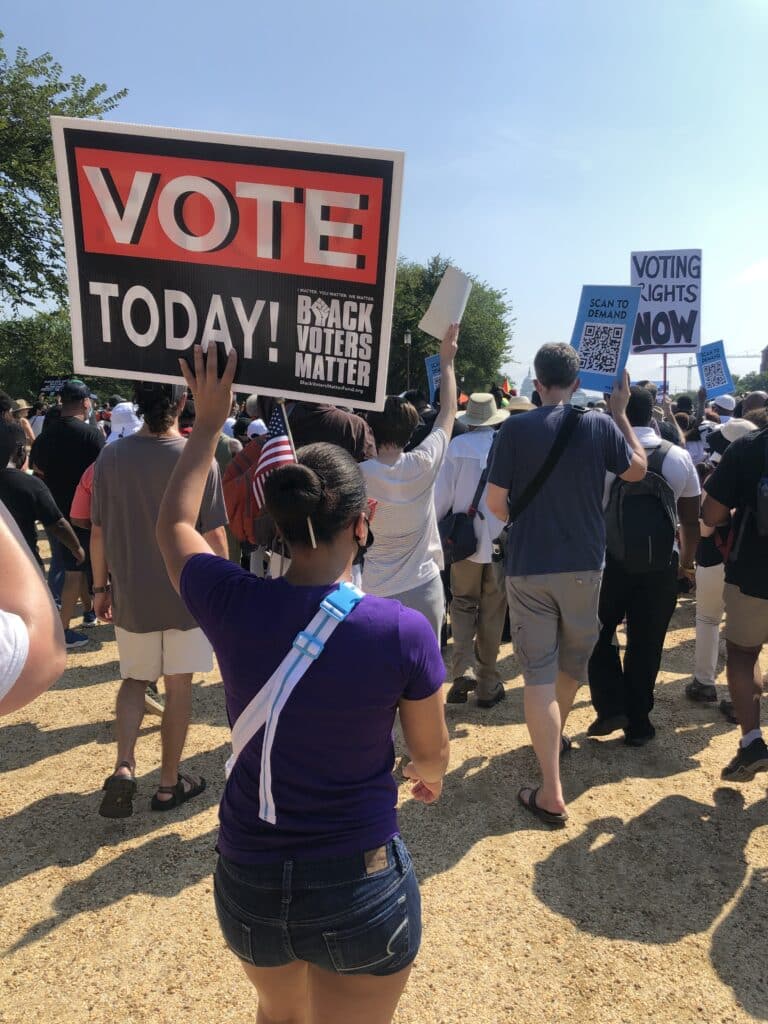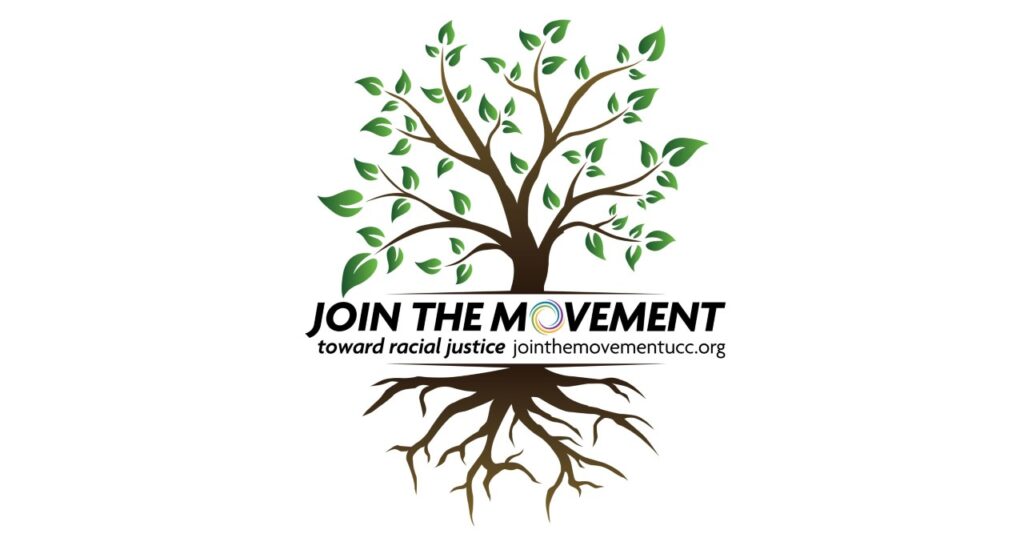Intersections: Racism and…
Approaching our racial justice work with intersectionality reflects how each of us is living at the intersections of overlapping systems of both privilege and oppression, and ensures no one is left out in our movement for racial justice.
The concept of racism involves a value judgment. Because this term is so inherently value-laden, most people tend to restrict their understanding of racism to easily identifiable individual racist acts. This approach fails to acknowledge the far reaching impact of institutional or systemic racism that result from decisions and policies made by established and well respected institutions within society. Such instances of racism are subtle and less identifiable.
It is important that we work to understand the intersections of racism and the many other justice issues we are concerned about. How does racism intersect with issues like poverty, voting rights or environmental justice? Through prayer and reflection we can learn to understand the issue of racial justice in a more holistic way.

“Intersectionality is a lens through which you can see where power comes and collides, where it interlocks and intersects.”
Kimberlé Crenshaw in interview for Columbia Law School
Exploring the Intersections
To deepen the Sacred Conversation on Race and learn how race intersects with many justice issues, a FREE and new resource for congregational use – the “Race and …” series is NOW available [click HERE for flyer]. These 2-page, easy-to-read fact sheets include stories, examples, prayer, Scriptures, reflection and engaging questions to assist local churches in connecting the dots between faith experience, racial justices and church life. Click on the following links to download the “Race and …” resources:
- Race and Voting Rights: Police in riot gear, fire hoses and police dogs. These are some compelling images of what advocates faced when marching for the right to vote and an end to racial discrimination, in the streets of the 1950-60s Civil Rights Era. Today, the threats of voter suppression impacting communities of color remain real and present. (Read more.)
- Race and Poverty: Race is a historical factor in economic inequity. Many assume that the economic playing field had been leveled, but we are less aware that racial inequities persist in economic practices today. (Read more.)
- Race and the Environment: In 1982, the state of North Carolina chose a poor, mainly African-American community, Warren County, as the site of a toxic waste landfill to dispose of PCBs illegally dumped along the roadway of 14 counties. The residents of Warren County, NC, enlisted the support of the United Church of Christ (UCC) Commission for Racial Justice (CRJ) to reject this toxic landfill through a campaign of nonviolent civil disobedience. (Read more.)
- Race and Public Education: Public education inequity is overlaid on the many injustices in housing, the economy, labor, transportation and social welfare, as well as inequity in the criminal justice system. Schools where several kinds of inequities converge often struggle to raise test scores. These systems work together to deny educational opportunity for particular racial groups of students. (Read more.)
- Race and Criminal Justice: The U.S. incarcerates more of its citizens than any other country in the world. It holds a quarter of the world’s prisoners. One in every 32 adults in the U.S. is under justice system control in prison, or probation or on parole. Among the currently 2.3 million men, women and youth in prison, there are a disproportionate number of people of color. (Read more.)
- Race and Arab Americans: “Because you’re an Arab.” That is the reason given to an Arab-American teacher in a Christian school by the principal, who told him that another teacher had been hired to replace him two days after the horrific 2001 terrorist attacks. More than 1000 incidents of hate crime and discrimination against Arab-Americans occurred in the first year after 9/11, according to the American-Arab Anti-Discrimination Committee (ADC). (Read more.)
- Race and Women’s Issues: The intersections of race and women’s issues are numerous. The following are some examples of daily this daily reality. Political Leadership – The recent election resulted in an all-time high of 20 women senators in the U.S. Congress. However, in this “Year of the Woman,” such new statistics actually reveals a racial bias in women’s access to power. The total absence of Black, Native American, and Latina women, except for Mazie Horono, a Japanese American from Hawaii, underlines the predominant White cultural norms in women’s leadership. (Read more.)
- Race and Leadership: Statistics in June 2012 showed that people of color made up 36% of the labor force in the U.S. and 20% of business owners. These numbers correlate with census data that 28% of the general population are people of color. Yet, only about 4.2% of Fortune 500 CEOs are people of color. In 2012, less than 4% of the U.S. Congress were non-White Senators. Nonprofit organizations are guided by boards made up of roughly 15% people of color on the average, and headed predominantly by White executive directors. (Read more.)
The Repudiation of the Doctrine of Discovery – A Biblical Reflection
Many Americans grow up learning that this continent was “discovered” by Christopher Columbus. The concept of discovery, as if the land was empty prior to arrival and its Indigenous inhabitants were somehow “less than” the explorers is, at its heart, racism and cultural superiority against Native Peoples. This concept derives its theological rationale from the Doctrine of Discovery, which becomes a legal foundation for U.S. policies regarding Indigenous communities even to the present today.
For an introduction to the topic, see the video clip “Discovered, or Stolen?” To download the study, click HERE. For the history of the Doctrine of Discovery, see here for a 18 minute presentation by Dr. Roxanne Gould, All Nations Church UCC, Minneapolis, MN. See the same video (starting at the 18:40 mark) for Doctrine of Discovery and being a “pilgrim” today, a 10 minute meditation by the Rev. Emily Goldthwaite Fries.

Get Involved. Answer the Call to Action.
Questions? Contact UCC.
Rev. Dr. Velda Love
Minister for Racial Justice
lovev@ucc.org
